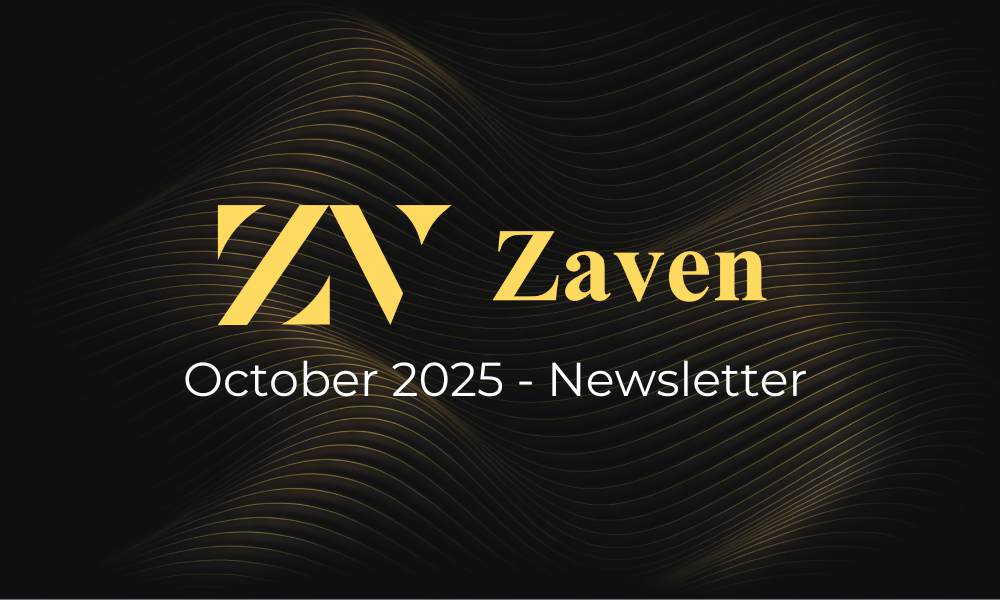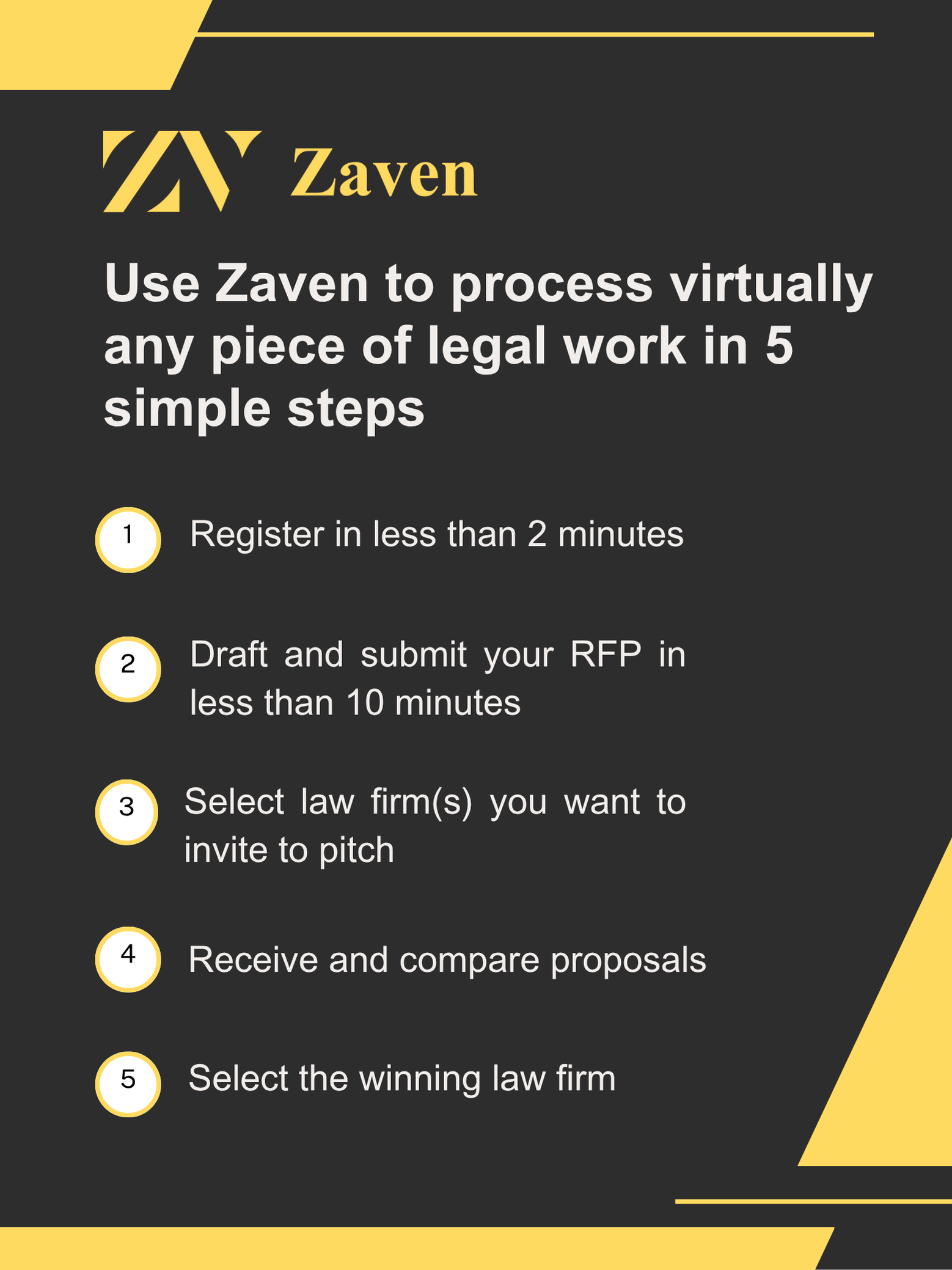Source: Above the Law
When an AI executive claimed their technology could replace paralegals billing at $2,000 per hour, the legal industry collectively raised an eyebrow. The claim, while immediately dismissed by insiders, accidentally unveiled a deeper truth about the future of legal billing.
Let’s address the obvious first: no paralegal bills at $2,000 per hour. Even Big Law junior associates barely reach $1,000 per hour. The math is absurd – at such rates, a paralegal would theoretically generate $4 million annually at 100% utilization, outearning many law firm partners.
But here’s the irony: if firms could actually bill paralegals at such astronomical rates, they’d have zero incentive to adopt AI alternatives. As the analysis points out, “If the firm’s billable revenue significantly outpaces its costs there’s no incentive to shift.” The economic argument for AI adoption only makes sense in the real world, where paralegals bill at around $200 per hour, and firms often struggle to break even after expenses.
The Real Revolution
The executive’s misguided claim accidentally highlights AI’s true impact: forcing a fundamental shift away from the billable hour model. When AI can accomplish in minutes what once took hours, how do you justify billing by time? A winning brief’s value doesn’t change whether it took 300 or 800 hours to prepare.
Legal ethics complicate this further – firms can’t “invent” hours to compensate for AI efficiency. This creates an unavoidable choice:
- Dramatically inflate hourly rates to offset reduced billable time
- Transition to value-based, fixed-fee models
The paradox of the $2,000/hour paralegal myth reveals a crucial truth: the legal industry’s billing model must evolve to reflect technology’s impact. The question isn’t whether paralegals cost $2,000 per hour – it’s whether the billable hour itself remains viable in an AI-enhanced legal landscape.
As firms increasingly adopt AI tools, the pressure to move toward hybrid or fixed-fee models will intensify. Professional responsibility rules combined with technological efficiency may finally accomplish what decades of client pressure couldn’t: the end of the billable hour’s dominance in legal services.
Read more: Above the Law







